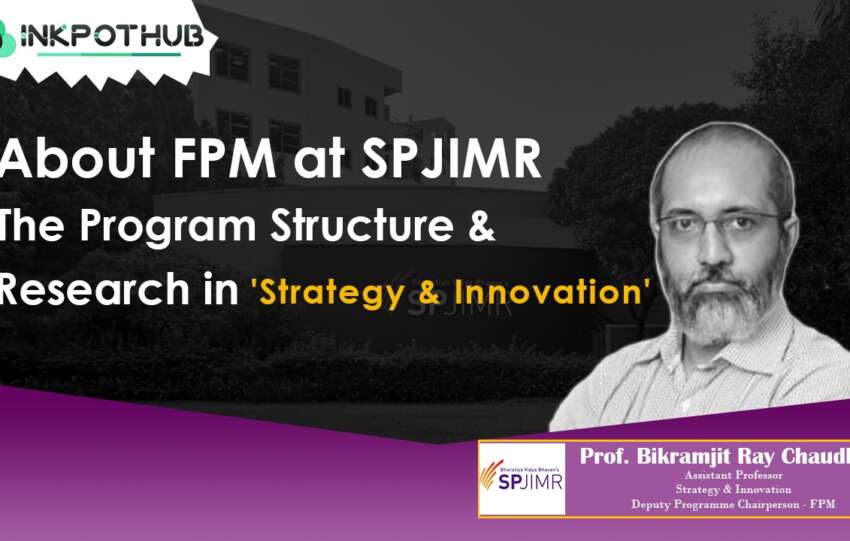Share This Article
Dr. Manu Sharma is a Post Doctoral fellow at the Indian Council of Social Science Research, Ministry of Human Resource Development, Government of India, Doon University, INDIA. Experienced Visiting faculty with a demonstrated history of working in the education management industry for the last ten years. Research papers published in the area of Advertising, Public Service Advertisements, IEC campaigns, Branding, Omni-channel marketing, Waste management, Internet of Things (IoT), smart cities, and circular economies in ABDC indexed international journals published by Emerald, Springer, and Elsevier.

1. When and how you came across the idea of pursuing research? Describe the backstory behind choosing your career as a Researcher
Being a management faculty, I always feel to connect my work with root issues of the society. The various authors who are conducting research in developing sustainable systems, circular economy, and social issues inspire me to investigate problems that should be addressed immediately for paving the to achieve the targeted objective. Research allows me to learn something new, to hone my problem-solving skills and to challenge myself in new ways. The urgent need of our country is to create environmentally sustainable supply chain and greener economy, these needs can only be fulfilled with the capacity building, policy integrations and designing supply chain networks for ‘green’ economy. All such emerging issue inspire me to do research on it and contribute something to our society.
2. Please share your experience with the Co-authors while writing your recent Research paper titled ” Internet of Things (IoT) adoption barriers of smart cities’ waste management: An Indian context”. What struggles did you face while targeting your paper for “A” Category Journal and how you overcame those hurdles?
Targeting “A” category journal is a challenging task. It took a year to get it published with couple of rounds of revisions. The biggest challenge is to persuade the editor-in-chief , and reviewers with the research problem and the research methodology adopted to undertake the research. Working on a research paper gives us an opportunity to work closely with a mentor–a faculty member or other experienced researcher. The publication outcome is always a team effort.
My experience in writing a paper on supported by government policies will surely benefit the organization in ” Internet of Things (IoT) adoption barriers of smart cities’ waste management: An Indian context” published in Journal of cleaner production helps the policy makers and decision makersin shaping the vision for achieving the target of sustainable smart cities in future.
3. How do you decide the suitable Journal Category for your paper? How you ensure your article’s publication in your preferred journal?
The saying “publish or perish” might sound familiar for all the researcher community – since a researcher’s recognition is dependent on article publishing – but that doesn’t mean diving into the first chance that comes along.
Submitting a manuscript to an unsuitable journal is one of the most common mistakes made by authors, and both beginner and seasoned researchers are capable of making this error. First-time researchers may be unfamiliar with the journals in the field, whereas experienced authors may target the same journals as always, despite the fact that new publication opportunities are constantly arising. Even rigorous, high-impact work can be rejected when the topic of the research does not match the scope of the journal From aims to scope, values, and ethical practice, there are many things to take into account before choosing a journal to submit an article. The service journal finder provided by Elsevier supports the researcher a lot. Using similar kind of services help us to find the best suitable journal for our manuscript.
4. According to you, what matters in Research more: persistence or luck? What supported you the more?
Research is the continuous learning process where you have to be humble, calm and clear with your research objectives. Sometimes, your research work don’t go as well as planned or give you unexpected results. Research stretches your mind, and challenges and tests you to think of new ideas, new reasons, and new possibilities. I must say, your persistence develops quality work and by god’s grace you get it published.
5. How good Grades throughout your academic Career helped you in Research?
Teacher always remain a student where he has to score maximum as much he can. The academic grades are always an indicator of hard work. The academic grades give you motivation, strength to intensify your efforts that successively enhances your performance.
6. What would be your suggestions for the potential Scholar or the Researchers?
Once you have spotted few journals that might be likely to publish your work based on the basis of their aims and scope, consider performing a search with the keywords of your work (manuscript) to reveal that whether the journal has already published work similar to yours. Keeping in mind the aims and scope of the journal, identifying papers that are similar in quality and scope. Search for published papers in last 3 to 5 years and try to determine whether the published work has the same quality and scope as of yours. Finally, determine the journal’s restrictions, impact factor and potential reach that may ensure a smooth path to publication.



